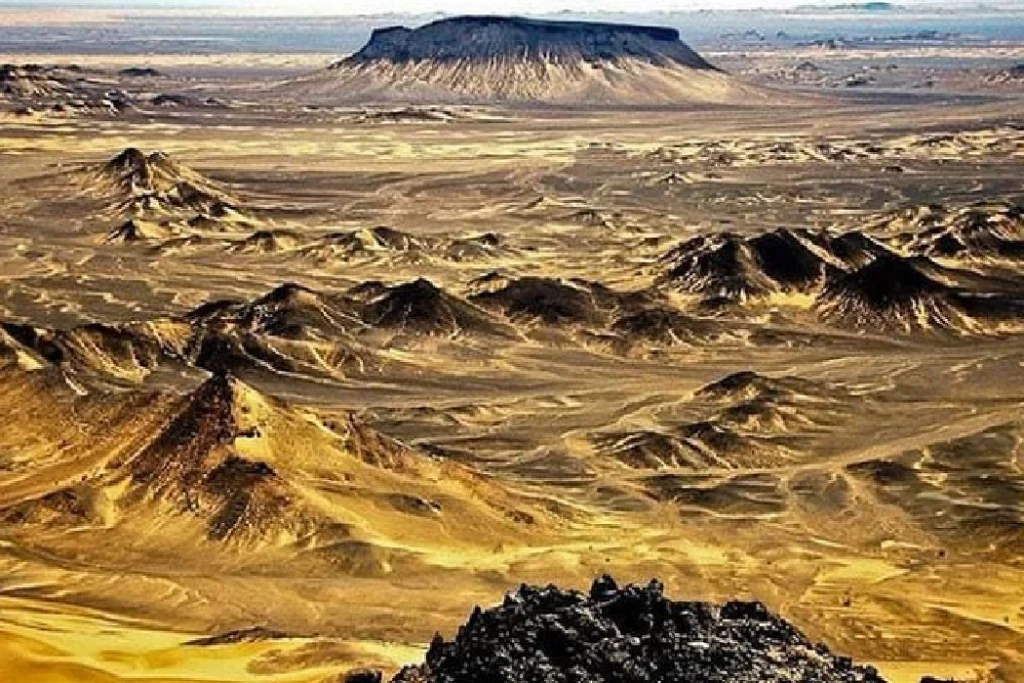In a significant move to boost industrial growth and unlock untapped mineral potential, Pakistan and Australia have announced a strengthened partnership focused on collaboration in the mining and energy sectors. The development marks a major stride in Pakistan’s efforts to modernize its extractive industries and attract foreign expertise and investment.
During a high-level meeting in Islamabad, both countries agreed to expand cooperation beyond government-level coordination, focusing on long-term institutional linkages, specialized technical training, sustainable mining practices, and investment facilitation. This comes as Pakistan prepares for a new era of mining-led economic transformation, particularly around large-scale projects such as Reko Diq.
Modernizing Mining Through Expertise and Training
A core component of the renewed cooperation involves capacity building. Australia, known globally for its advanced mining sector, has offered to assist Pakistan by delivering training programs through partnerships between Australian universities, mining institutions, and local Pakistani agencies. These programs are expected to equip Pakistani professionals and technicians with modern skills in geological exploration, mine design, extraction technologies, environmental compliance, and safety protocols.
The collaboration aims to create a generation of local mining specialists capable of operating sophisticated machinery and applying global best practices to domestic extraction projects. The long-term goal is to reduce dependency on foreign contractors and position Pakistan as a self-reliant, competitive player in the regional mining landscape.
Reko Diq at the Center of Bilateral Focus
One of the primary drivers behind this partnership is the ambitious development of the Reko Diq copper-gold project, situated in Balochistan. Reko Diq is considered one of the world’s largest untapped mineral reserves, with an estimated resource base exceeding 2 billion tons of copper and 20 million ounces of gold.
With commercial production expected to begin later in the decade, the project represents a multibillion-dollar opportunity that could reshape Pakistan’s mineral economy. The new partnership with Australia is expected to bring the technical depth and operational know-how required for successful project execution while ensuring transparency, environmental care, and socioeconomic uplift for the local region.
Facilitating Investment Through Policy Support
The cooperation also aligns with Pakistan’s broader investment strategy under the Special Investment Facilitation Council (SIFC), which acts as a centralized authority to streamline project approvals, reduce bureaucratic red tape, and provide a business-friendly environment for foreign partners.
Australian firms are expected to benefit from Pakistan’s evolving policy ecosystem, which now offers incentives for foreign direct investment in the mineral sector, tax concessions, and protection of intellectual property and mining technologies. The SIFC will play a key role in enabling swift implementation of joint ventures, technical partnerships, and knowledge exchanges.
Transformational Impact on the Economy
This strategic alliance arrives at a critical time, as Pakistan seeks to diversify its economic base beyond agriculture and textiles. With over 6,000 identified mineral deposits across the country, including copper, gold, lithium, and rare earths, the mining sector remains largely underutilized.
The enhanced collaboration with Australia can serve as a catalyst for transitioning from low-yield manual extraction to high-efficiency industrial mining. In doing so, it can generate thousands of skilled jobs, drive export revenues, and reduce reliance on imports for key industrial inputs.
Furthermore, the influx of Australian technology and standards will elevate environmental, health, and safety compliance in line with international benchmarks essential for sustainable long-term growth.
Looking Ahead
The deepening of Pakistan-Australia cooperation in the mining sector is not just a bilateral agreement it represents a forward-looking strategy to harness natural wealth for national development. As key projects like Reko Diq advance toward implementation, and institutional linkages strengthen, the foundation is being laid for Pakistan to emerge as a serious mineral economy in the South Asian and Middle Eastern corridors.
The successful rollout of this partnership will not only shape the future of the mining industry but will also become a template for strategic economic alliances rooted in technology transfer, mutual growth, and shared prosperity.



Comments (0)
No comments yet. Be the first to comment!
Leave a Comment